In its latest round of Russia-related sanctions, the U.S. Treasury Department outlined what it called the “Ushko Machine Tools Procurement Scheme,” which involves companies in Kazakhstan and Uzbekistan, yet again illustrating that some of the convoluted pathways taken to circumvent sanctions on Russia trace their way through Central Asia. Meanwhile, the U.S. State Department designated another Uzbek company working in conjunction with a Turkish company also for circumventing sanctions.
On October 30, Treasury sanctioned 275 individuals and entities for their involvement in “supplying Russia with advanced technology and equipment that it desperately needs to support its war machine.” The press release outlining the new sanctions noted that they target “both individual actors and sprawling sanctions evasion networks across 17 jurisdictions, including India, the People’s Republic of China (PRC), Switzerland, Thailand, and Türkiye.”
“Russia is ever more reliant on complex and expensive transnational schemes to procure critical technological and manufacturing components and machinery it needs to create its own weapons production capability,” the press release stated.
The “Ushko Machine Tools Procurement Scheme” is just one of the efforts outlined in the latest package of sanctions. According to Treasury, a Russia-based company – Tekhnologiya Razvitiya Otkrytykh Sistem (TROS) – which manufactures metalworking equipment and sells wholesale machine tools, is being supplied with European-made tools via a transshipment scheme that routes advance machine tools from Europe to two Central Asian intermediaries. Kazakhstan-based Kazstanex and Uzbekistan-based Uzstanex serve as nominal recipients of the goods. Treasury claims that the Central Asian affiliates then ship the tools to a China-based company, Shanghai Winsun, which exports them to Russia.
TROS’s director, Sergei Ushko, along with his son Aleksandr Ushko – who “works at a European machine tool company and helps his father procure machine tools for Russia-based end-users” – are designated in the sanctions, along with two other Russian nationals, Igor and Tatyana Khomenko, in addition to the companies named above.
According to reporting by RFE/RL, “Kazstanex’s area of activity is the supply of industrial equipment; the founder of the company, founded in 2011, is Vasily Abramov.” Uzstanex, also founded by Abramov, was registered in Uzbekistan in 2018, according to Kun.uz, citing government statistics.
In the State Department’s October 30 round of sanctions, an Uzbekistan-based company, Elite Investment Group, and a Turkish company, Guclu Global, were sanctioned for sending shipments of CHPL items to GTS Grupp, a Russian supplier of industrial equipment, automatic control systems, and electric devices that was sanctioned in February 2024.
CHPL items appear on the Department of Commerce’s Common High Priority List of goods that “Russia seeks to procure for its weapons programs.”
According to State, the Uzbekistan-based Elite Investment Group “shipped approximately $190,000 worth [of] CHPL items, including electrical transformers, to Russia-based companies” including GTS Grupp between March 2024 and May 2024, using Guclu Global as its “carrier agent.” Guclu Global, additionally, “shipped approximately $96,000 worth of CHPL items” to GTS Grupp and another sanctioned Russian company, EVROSEL.
According to Daryo.uz reporting, the Elite Investment Group was founded in January 2024, with its founder and director listed as Nodira Kazakbaeva.
In both of these cases – that of Kazstanex and Uzstanex, and that of Elite Investment Group – the Central Asia companies serve as intermediaries, effectively obscuring the path of restricted items from their point of origin to Russia, the end-user. As the wealth of sanctioned entities and individual illustrate, this is not a purely Central Asian phenomenon, yet Central Asia’s long-running connections to Russia, shared languages and systemic similarities suggests that the scale of the issue may be far wider than what has been sanctioned to date.





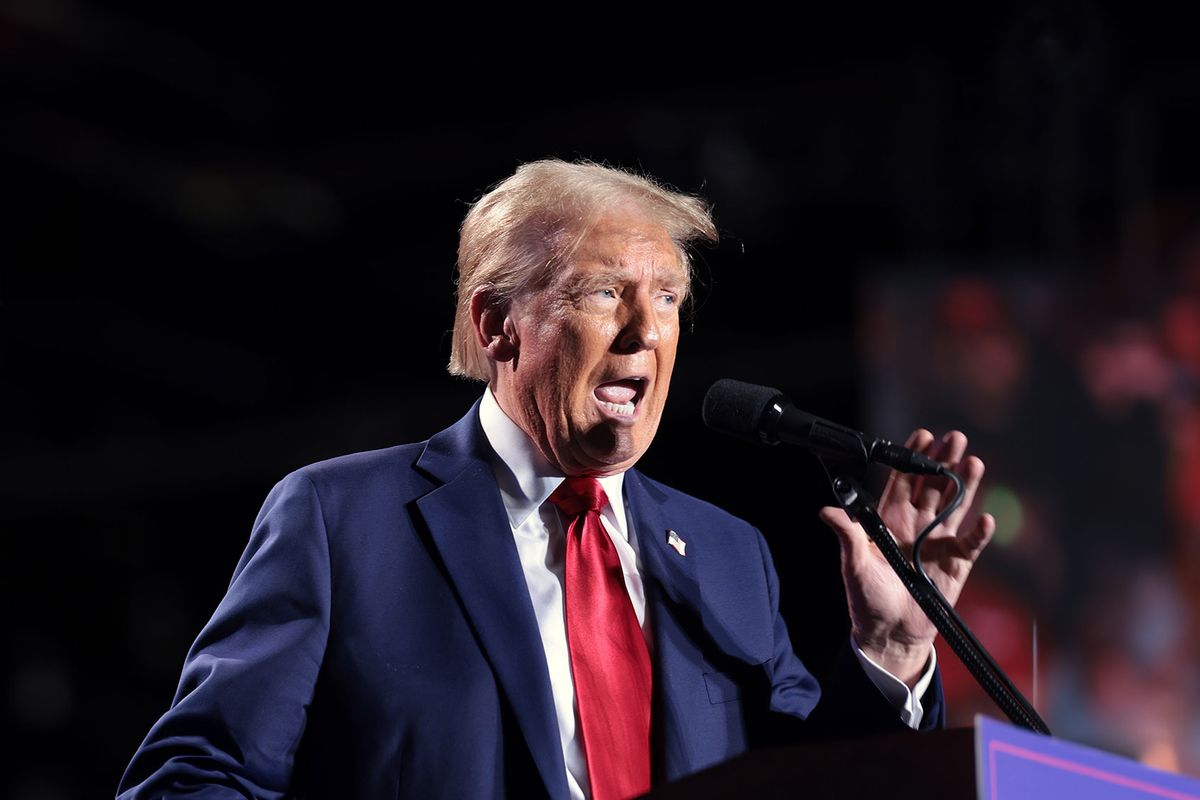





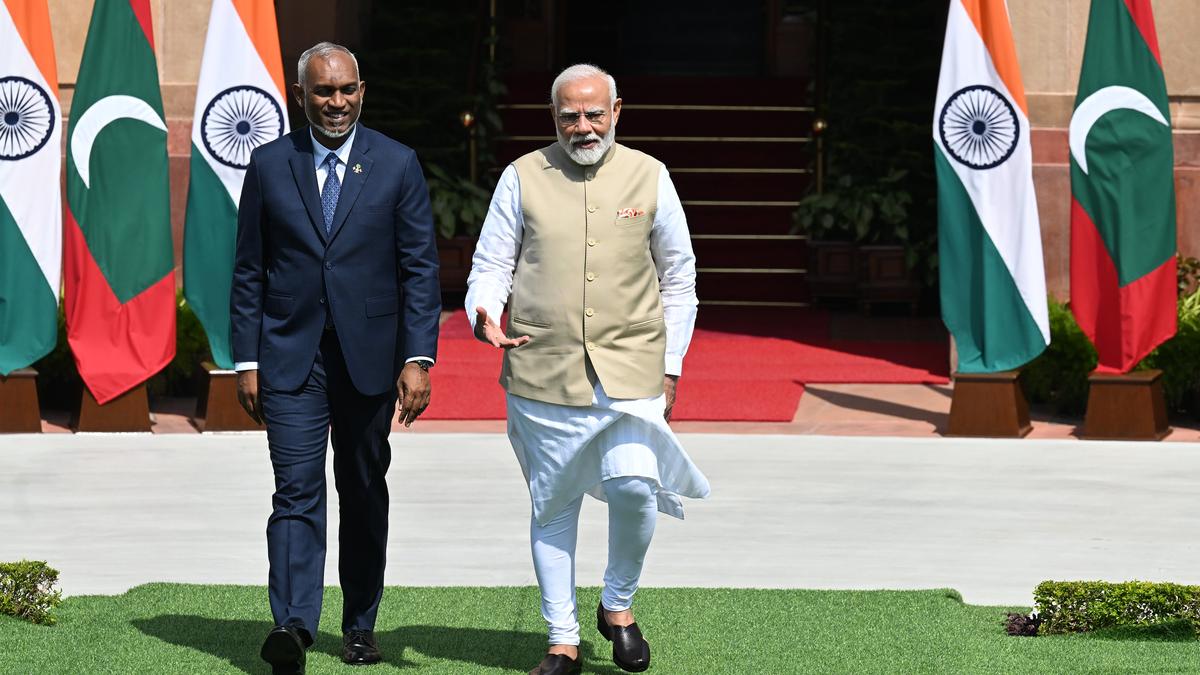
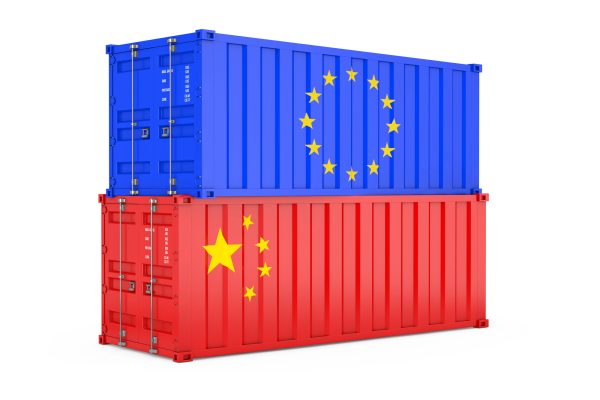
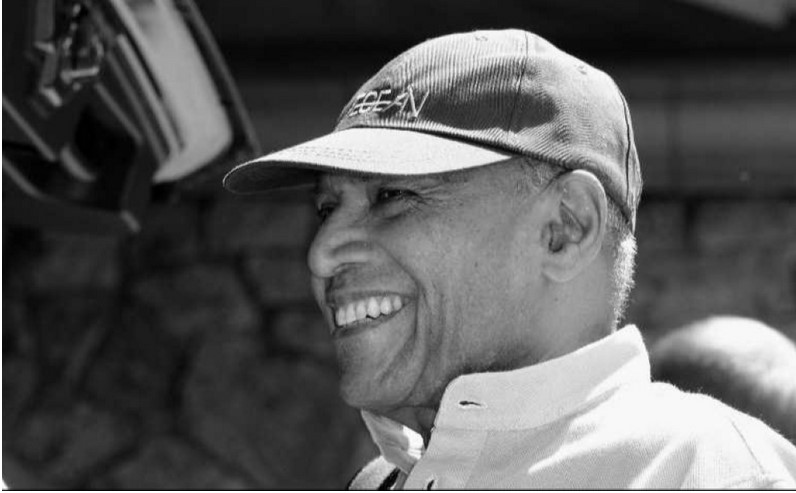

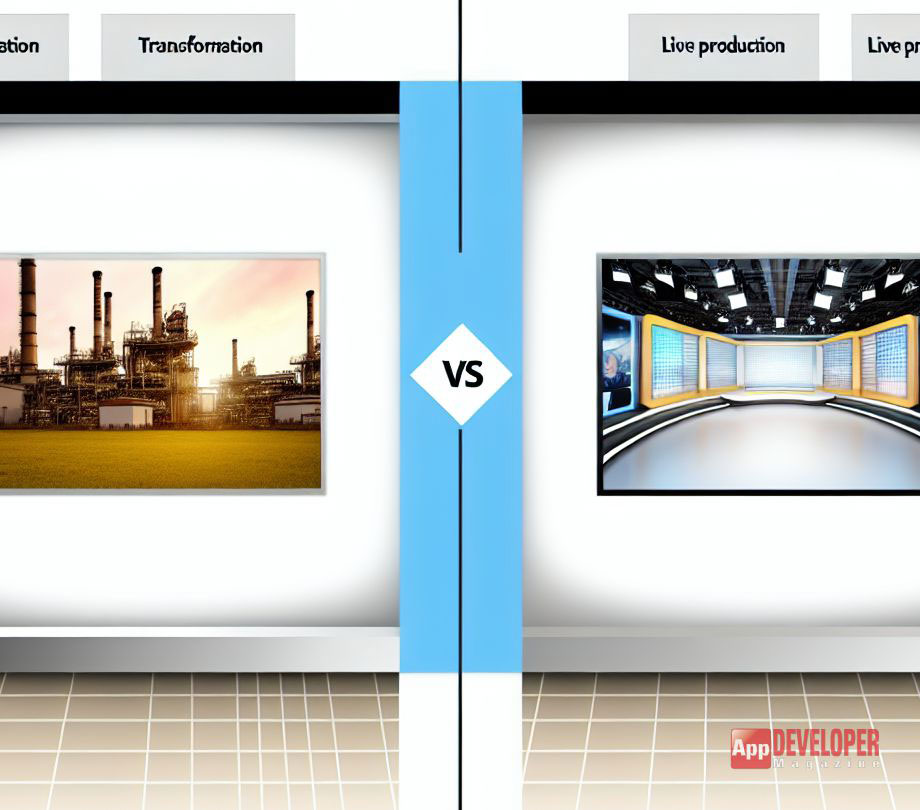
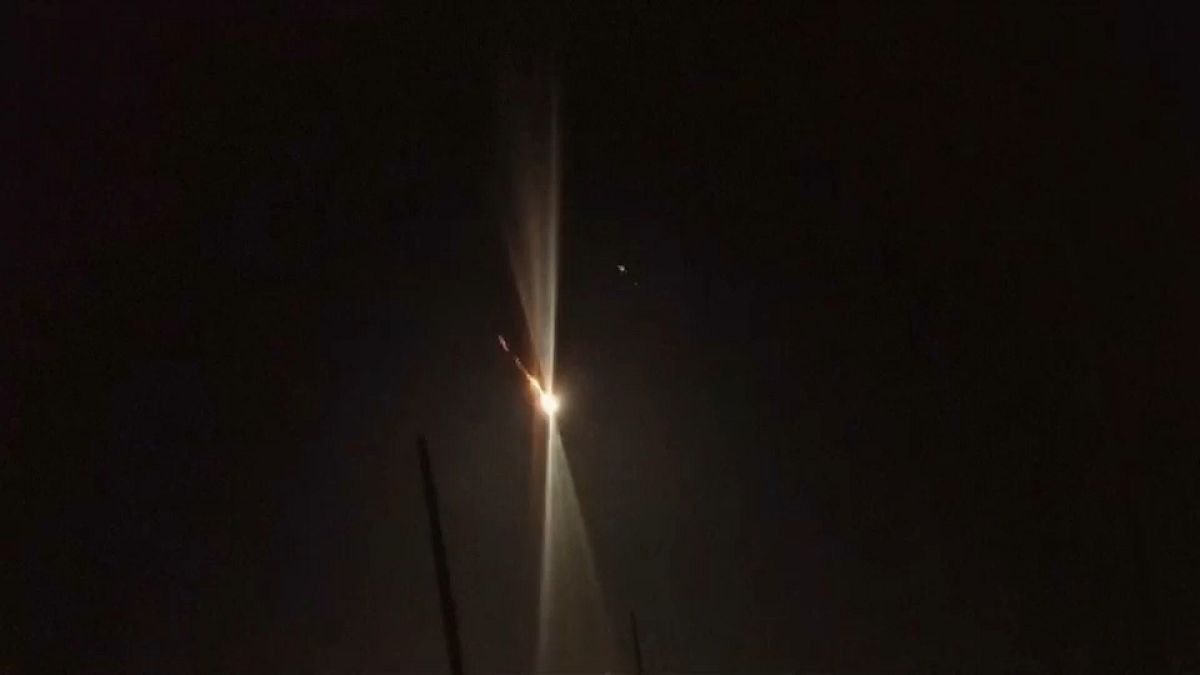




Discussion about this post